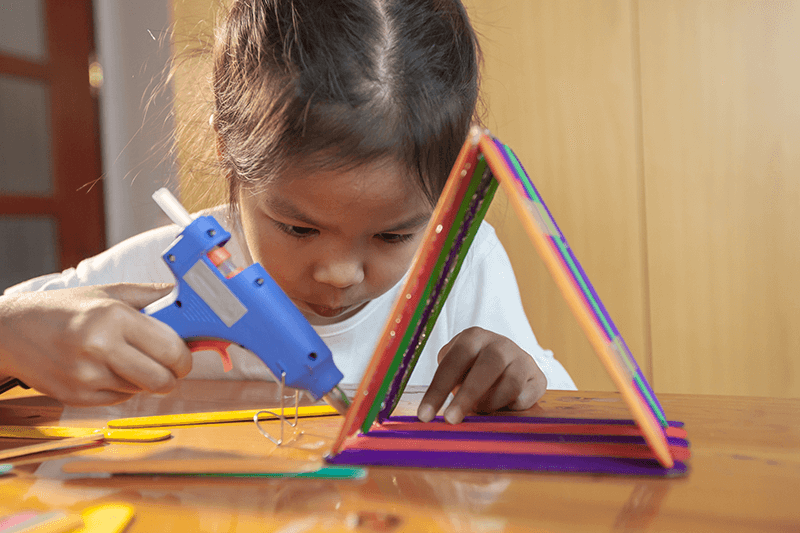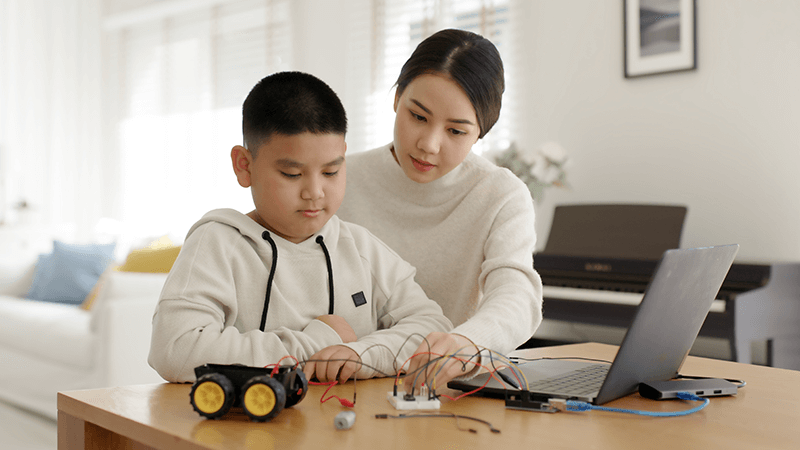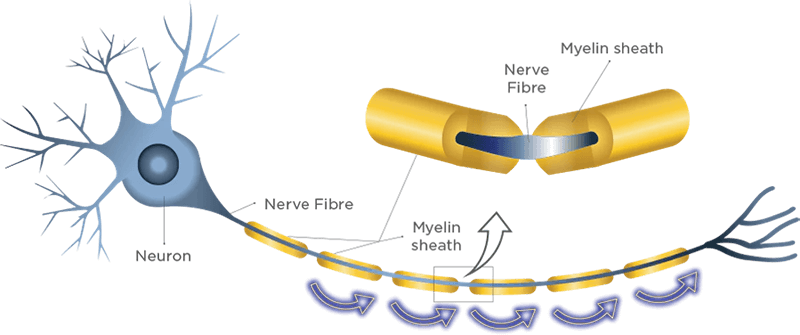
How Hobbies Benefit Children and Their Learning Experience.
Hobbies or extracurricular activities keep children occupied, but they’re not just for pleasure or leisure. Hobbies are beneficial for many reasons, especially for growing children.
The 10 Benefits of Hobbies For Children, according to experts:
- Reduce stress
Hobbies are the perfect getaway to release some stress from daily routines, such as school and extra classes. When children engage in hobbies they enjoy, they get to relax their mind and body.
- Improve cognitive skills
We focus and concentrate more on activities that we enjoy doing. Children generally have shorter attention spans, so having a hobby trains them to focus more, and improves their cognitive skills like reasoning, problem-solving and analytical skills.
- Train self-discipline, patience and competence
When we engage in an activity that we like, we naturally want to be good at it. For example, children who are into building blocks will spend a lot of time dealing with trials and errors to complete a certain structure. With the right guidance from parents, these challenges will train them to develop self- discipline, patience and competence.
- Nurture creativity

Most of us find hobbies that tap into our creativity. Creativity encourages children to express themselves, see things differently, think creatively and could also lead them to become innovators.
- Build social skills and self-esteem
Hobbies that involve group participation such as sports and camping are great in building children’s social skills and self-esteem. They will learn to listen and communicate with one another in order to achieve a common goal. Group activities also help develop their sense of empathy, compassion and teamwork.
- Improve physical health
Participating in outdoor activities is a great way for children to get the exercise they need. Regular participation in these activities will help them build stronger and healthier bodies.
- Improve emotional health
Pursuing our passion helps boost our confidence and provide us with a sense of joy, contentment and accomplishment. Children who spend time doing the things they love tend to be more calm and cheerful, which are truly beneficial for their emotional health.
- Expand skills and knowledge

Besides learning in school, hobbies are the perfect way for children to discover new skills and knowledge. In fact, there are children who turn out to be creative geniuses after indulging in their interests, with proper guidance and support from their parents.
- Keep boredom at bay
It’s okay for children to feel bored once in a while, but leaving them idle for too long may result in restlessness and crankiness! Let them channel their energy appropriately by engaging in fun hobbies.
- Teach time management
Having hobbies teaches children to divide their time appropriately between studying, playing and resting. Guide your children to manage their time wisely so they get to enjoy a little bit of everything in a day.
But what if your children are still too little or still haven’t shown interest in any activities yet? Well, here’s where you step in, mummy!
5 Tips To Help Children Pick Up A Hobby
New research has shown that genetics and inheritance do have some influence on a child’s abilities and talents.1 This explains why we often see families of doctors, musicians and actors, for example. Although a child may inherit a certain talent from his parent(s), the talent still needs to be developed and used often, otherwise, it will just go to waste.

Now, don’t worry if your children don’t seem to like the same things as you do. Everyone is unique! Children are natural explorers. They learn things spontaneously and effortlessly in their early childhood, so let them explore and stumble upon new discoveries on their own terms.
Here are 5 tips that you can do to help your children pick up a hobby that they will love:
- Observe their interests
Pay attention to what they like to watch on TV and Youtube, especially. Is it sports, arts and crafts, music, anime, etc.? Find out how they play at the playground and with their friends, too. If a child enjoys the monkey bars for example, then he might also find artistic gymnastics or rock climbing a fun hobby to try.
- Explore new things/activities
Encourage children to try new things regularly. Signing up for trial classes is a good idea too. But remember not to overwhelm them! Best is to try one or two things at a time. Most children are pretty good at knowing what they really like and don’t like, so give them some space to explore their options.
- List down their interests

Sit down with your children and make a list of the things they love doing. Then ask them which one they would like to try out first. Join them in the “hobby hunt” and if the first option does not work out, don’t make a big fuss out of it, just move on to the next one. Be encouraging and stay positive.
- Help them learn
Trying out a new hobby is just like learning a new subject in school. A new activity can get a bit too overwhelming and may also frustrate the child. Help your children learn about their new hobby by joining them in the activity.
Guide them through so they have the confidence to keep trying.
- Trust them
You are helping your children find their interests, not yours. So as much as you think you know what’s best for your children, try to listen to them and let them choose something that makes them happy. Children really thrive in a supportive environment, so let them take the lead and cheer them on!
Once your children have picked up a hobby, you’ll notice how well they can actually absorb new knowledge and information. This is because engaging in hobbies is also known to have a positive impact on children’s learning experience. It stimulates their minds and keeps their curiosity growing, hence helping them experience learning in a more enjoyable manner.
The Importance of Nutrition in Children’s Learning Experience
It is also important to note that growing children require a healthy mind and body in order to thrive in their studies and enjoy their hobbies and other activities. Research shows that nutrition can positively impact children’s learning potential.2
Younger children experience rapid brain development (that is fundamental to their future learning, health and success), until the age of 83, so mum, this is the time to nourish them with proper nutrients that support brain functions. Provide your children with a healthy and balanced daily diet, and supplement it with key nutrients for brain development such sphingomyelin and DHA.
Sphingomyelin is a phospholipid that is an integral component of the myelin sheath.4

Myelin sheath is created when a substance called myelin (made of fatty lipids and protein) coats the nerve fibre, which is where messages get transmitted between neurons. This process is called myelination.4 Sphingomyelin is important for myelination and supports children’s learning.5-7
The benefits of sphingomyelin:

Proper nutritional support enables children to enjoy learning and exploring their interests even more! Let your children experience the benefits of sphingomyelin, DHA, 2’-FL and oligofructose to support children’s overall development.
Excited to start exploring potential hobbies with your little ones? Open up a world of opportunities for them by giving them a great start in life today!
S-26 GOLDⓇ PROGRESSⓇ is now formulated with innovative ingredients to provide our most advanced formulated milk for children.
S-26 GoldⓇ ProgressⓇ is specially formulated with sphingomyelin, DHA, 2’-FL and oligofructose. Support your child’s growth with appropriate nutrition and sufficient rest to help him Think Quick and Learn Fast.
Disclaimer: This content is shared for informational purposes only and not intended to be a substitute for professional/medical advice, diagnosis, or treatment. We recommended that you always seek the advice of your healthcare professional for any questions you may have regarding a medical condition/specific situation.
References:
- https://www.ncbi.nlm.nih.gov/pmc/articles/PMC4006996/
- https://www.bda.uk.com/resource/diet-behaviour-and-learning-children.html
- https://www.cdc.gov/ncbddd/childdevelopment/early-brain-development.html
- Salzer JL, Zalc B.Curr Biol. 2016;26:R971-R975.
- Henríquez-Henríquez MP, Solari S, Quiroga T, Kim BI, Deckelbaum RJ,
- Quarles RH, Macklin WB, Morell. American Society for Neurochemistry 2006:p.51- 71.
- Martínez M, Mougan I. J Neurochem. 1998;71(6):2528-33.
- https://www.creativechild.com/articles/view/the-benefits-of-hobbies-for- children-and-where-to-begin#page_title

